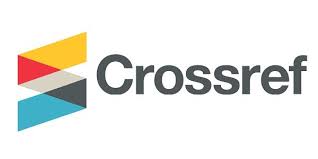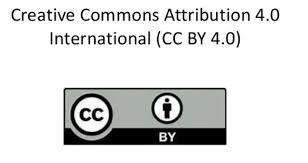Factors influencing adoption of crossbred cattle in different agro-ecological zones of Bangladesh
DOI:
https://doi.org/10.47440/JAFE.2020.1415Keywords:
Crossbred cattle, Smallholders, Farmers’ characteristics, Adoption, Binary logistic regression modelAbstract
Crossbred cattle farming by small farm holders are one of the promising agricultural activities to enhance financial and nutritional status of the rural people of Bangladesh. Several factors influence the rural farmers to raise the crossbred cattle farming. Thus, the research investigates the demographic, socioeconomic and agro-ecological factors and farming assets and facilities of the small farm holders that influence the adoption of crossbreds. Multistage random sampling technique was used to random selection of 300 cattle households in four agro-ecological zones. Chi-square tests were carried out to assess the association between cattle breeds and levels of variables. Also, the binary logistic regression model was used to determine the effects of the factors. Age group, level of education, occupation, household income, farming experience and reception of extension services were significantly (p<0.01) associated with the adoption of crossbred cattle. Extension services (OR=128.82, 95%CI=27.74-598.2) and higher income group (OR=6.138, 95%CI=1.352-27.87) were significant and more likely to adopt crossbred cattle compared to no extension services and low-income group respectively. Secondary educated farmers were 3.64 times more likely (OR=3.642, 95%CI=1.24-10.67) and higher than secondary educated farmers were 7.58 times more likely (OR=7.579, 95%CI=2.45-23.40) to adopt crossbred cattle compared to illiterate or primary educated farmers. Industrial zone was more likely and other two zones were less likely to adoption of crossbred cattle compare to river basin zone. Youths should be trained and educated and also extension services should be provided to the farmers to raise crossbred cattle for increased milk production and household poverty alleviation.






 Publisher:
Publisher: 